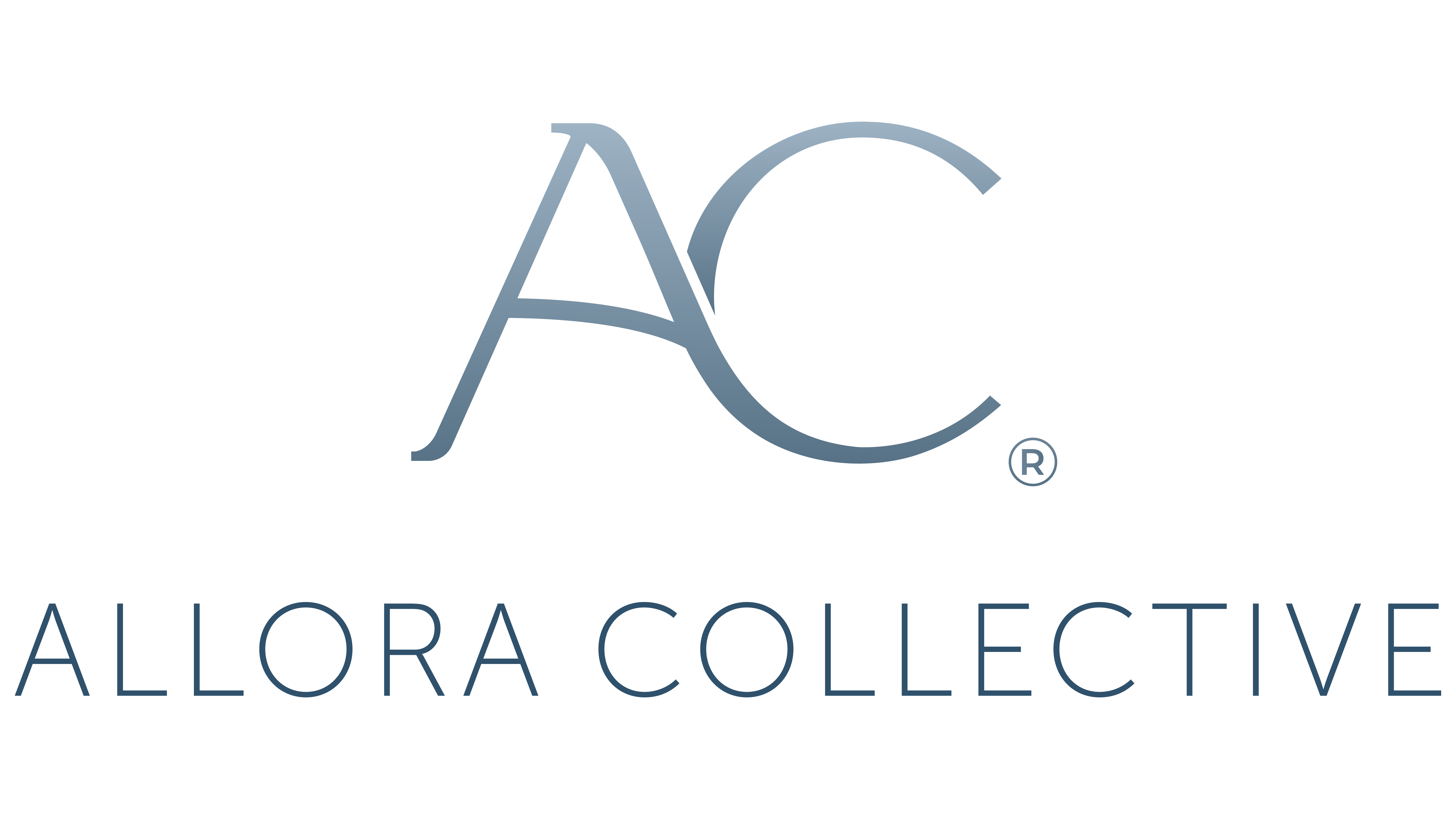
Common Job Search Mistakes And How To Fix Them: Job Offers

This series, ‘Common Job Search Mistakes And How To Fix Them’ shares my best advice to answer FAQs we see at Allora during each stage of the job search process from job applications and networking, to interviews and finally job offers. Read each blog in the series and you will know the mistakes you should avoid throughout your job search, or you can skip ahead to ones that are most relevant to you. Many of these tips are specific to corporate, tech, and office job video interviews. Watch this space for my next series focused on career options for those who don’t want the traditional 9-5 office job or book a free session with me to explore your options sooner!
You did it! You’ve passed your interviews. You can breathe a big sigh of relief, now is the fun part (hopefully?!) – reviewing your job offer package and negotiating.
Our team’s success with offer negotiation starts with our approach which starts with validating the offer with market data, being clear on your priorities, and building a positive working relationship with the recruiter or hiring process point-of-contact beginning with the first conversation. They are your ally in the process from interview preparation through offer negotiation and will likely be the person to advocate for your offer negotiation with internal partners.
We know how it feels to be eager to accept an offer as soon as you get it BUT we encourage you to give this process the time it deserves so you can make the decision with confidence.
Before you accept and sign an offer, here are a few tips you should know.
What to Do During the Job Offer Stage
- Do your math – research the market rate for the role and calculate your personal expenses to be sure this will work for you until you are eligible for a pay increase
- Salary
- Time off
- Relocation Support
- Communicate your timeline for a start date and any pre-planned PTO
- Get answers to all of your remaining questions
- Understand each of the benefits in your package (equity, benefits, PTO, etc)
Do your math
Calculate your expenses and budgets and compare that to the after-tax amount of the salary offer. Think about how much money you want to have after you pay your bills for family expenses, vacations or holidays, savings, big purchases, etc. Identifying what you need vs what you want will allow you to understand how much flexibility you will have with your finances if you accept this offer.
Flexibility will ultimately benefit you. For example, if there is a role that meets all of your needs and not all of your wants, but it offers the work life balance that is more important to you than the highest salary then maybe that is a compromise that will be good for you. It could also be the reverse where the highest salary is the priority. Everyone is different.
Relocation offers require additional steps to ensure you are getting the best relocation package. From legal processes, to standard versus premium relocation benefits, to lifestyle changes adapting to new cultures as an expat or digital nomad our team is here to help. We will be sharing more content about expat relocations, digital nomads strategies and relocation job offers.
Talk to our team today if you’re ready to explore your options, need support during your move or adapting to your new home. Our team’s experience covers the US, Europe, LATAM and select countries in APAC.
Book a free session with the coach who aligns best with your relocation goals.
Common mistakes when doing your math include:
- Over or underestimating your recurring expenses
- Not considering the risks of financial loss if you are currently employed
(i.e. unvested stock, sign on bonus repayment clause, relocation offer repayment clause, etc.)
Communicate your timeline and deadlines
The timing of your job search, when you will make a decision on your competing offers, and your notice period will be unique to you and your situation. More factors that may affect your timing to start a new job may include upcoming vacations or holidays (we encourage you to make time for this before starting a new job if you can), doctors appointments, family commitments, completing university courses or attending university while working, or maybe your current role includes stock options or equity on a vesting schedule and you want to wait for the next vesting date.
Timelines and deadlines of other offers and when you are planning to make your decision are important to communicate and update if they change. When you start the process this will often be discussed but it’s important to inform your hiring process contact if your timeline changes (i.e. needing to delay interviews, limited communication for travel, busy with work project deadlines or limited availability for interviews).
Being honest about your timing when negotiating helps you build trust with the person helping you with the offer. Commit to a sincere and professional negotiation – exaggerating competing offers, unrealistic expectations or asking for things that are not reasonable may affect your negotiation and their impression of you in a negative way.
Common mistakes with communicating your timeline and deadlines include:
- Failure to respond by the offer deadline
- Not asking for an expedited process if you have hard deadlines
- Not confirming your personal schedule OR any benefits from your current company that are scheduled (i.e. stock or equity vesting)
- Need help understanding your current stock or equity package or don’t know what questions to ask your employer about them?
- Book a FREE session with me and I’ll help
Get answers to all of your remaining questions
Before your offer deadline, get any remaining questions answered from the team. Try to understand the company culture, who you’ll be working with and working for. You might be able to assess this during the interview process, especially if you are going through multiple rounds and /or any in person interviews.
Bringing your evaluation of the job offer back to your values and priorities is important. If you are including leadership culture into your decision making, see if it is possible to meet with a senior leader on the team or a direct colleague on your team. If you’re focused on inclusivity some larger tech companies will give the option to meet with a member of an ERG (Employee Resource Group) as a part of the process.
Understand all of the benefits in your package
Read through the offer language carefully, especially when it comes to any stock compensation and benefits including options, RSUs, etc. Understand the grant type of stock or equity, the vesting schedule, what that means for you and how this is potentially affected by your start date.
In addition to traditional paid benefits (stock, wellness or learning stipends, 401k/pension), there are additional benefits in US job offers such as healthcare, paid leave, vacation and sick days. Beyond the traditional core benefits and perks many US companies have creative packages including reimbursements for your work from home setup, public transport, gym memberships, and child care. You’ll also find ‘learning and development’ or ‘professional development’ benefits you can use for career coaching or training, conferences, university or academic courses,etc.
US-based jobs are often packaged with healthcare benefits. Check your current coverage, if any, and compare it with the plan offered with your new role to ensure they are aligned with your needs and preferences. Another important factor to understand is your paid time off. Read through any policies (ie minimum tenure, accruals, number of days per year) and make sure these will work for your needs.
Employment contracts are often filled with legal language that can be confusing and intimidating but you need to understand what you are agreeing to. Read the offer completely before you add your signature and consult a lawyer or an experienced career professional to help clarify any areas of concern.
Looking for a coach as an extra pair of eyes to run numbers and compare offers with?
We offer 1 hour sessions and One Month plans tailored to late-stage job seekers.
Book a free consultation with one of our Allora coaches today!
Chez Jennings
Chez helps people level up their careers in tech. She is passionate about helping people find opportunities for career advancement and accelerating their career development. As an inclusive coach, she helps people explore the career paths where they belong and she strengthens the voice of her community. She has worked with talent from early careers to leadership hiring in the US and Canada.



